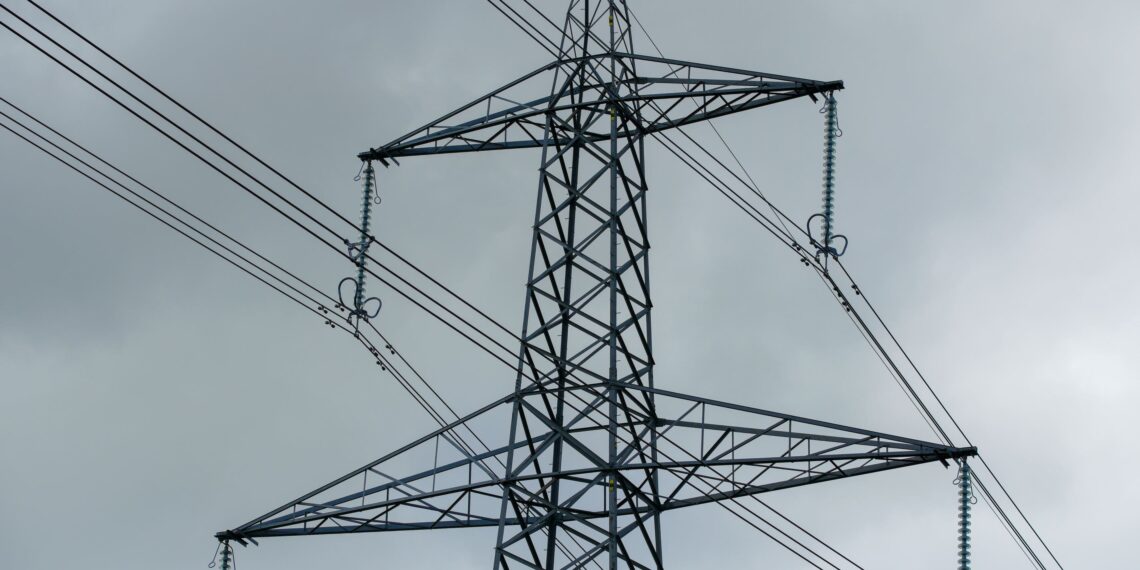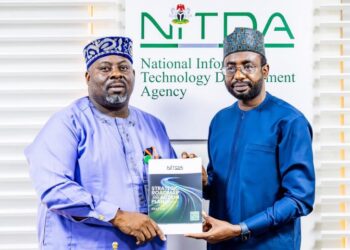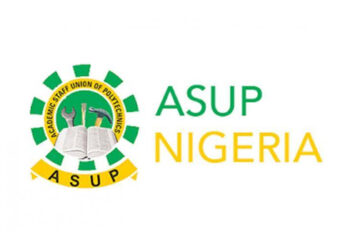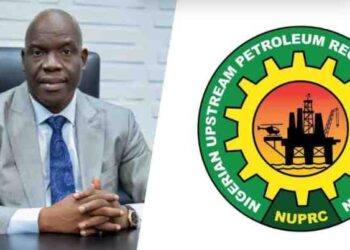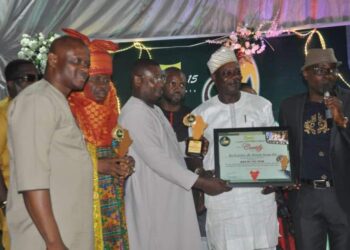In a recent development, President Bola Tinubu has put a halt to the implementation of an electricity tariff hike, insisting on subsidizing power consumption nationwide.
The Minister of Power, Adebayo Adelabu, made this announcement during a press briefing in Abuja on Wednesday.
Adelabu also disclosed that the Federal Government would be investigating the legality of the five-year license extension granted to privatized power distribution and generation companies.
He emphasized that the operating licenses for these firms should have expired on October 31, 2023.
During the press briefing, Minister Adelabu expressed his determination to hold non-performing chief executives in agencies under the power ministry accountable, even if it meant his own job was at risk.
Regarding the call for a cost-reflective tariff, which would lead to an increase in the cost of power, Adelabu explained, “The power sector is an industry that is very sensitive to any leader.”
He added that the government still subsidizes power due to the significant gap between the cost-reflective tariff and the allowed tariff. This gap affects liquidity in the system and investments.
Adelabu pointed out that the government was postponing the tariff increase due to ongoing economic challenges, including the recent removal of fuel subsidies and rising inflation. He emphasized that tariff increases would come after thorough public sensitization, guaranteed regular power supply, and in a manner that wouldn’t burden Nigerians.
He further discussed the challenges posed by the cost of gas, a key raw material for power generation, and how fluctuations in exchange rates affect the tariff.
The Minister stressed the need for enhanced power generation in Nigeria, highlighting the current output of 4,000 megawatts as unacceptable and shameful. He also emphasized President Tinubu’s commitment to performance in his administration, asserting that non-performing officials in the power sector would be replaced.
Adelabu expressed his belief that privatization in the power sector, which took place in 2013, was a mistake, and that commercialization would have been a better approach.
He hinted that the government might regain control of power distribution companies and review the territories they cover, as many were not meeting expectations.
The Minister also mentioned an investigation into the extension of licenses for power firms and discussions with private sector operators regarding a performance bond.
On the subject of supplying power to Niger Republic, Adelabu clarified that this had not yet begun and was subject to further developments in the neighboring country.
In terms of electricity consumption statistics, data from the National Bureau of Statistics showed a slight rise in the number of electricity customers in Q2 2022 compared to Q1 2022, while metered customers also increased.
However, electricity supply had declined, and revenue generated by distribution companies had decreased on a quarter-on-quarter basis.
These developments mark significant changes in Nigeria’s power sector, with President Tinubu’s decision to delay the tariff hike and pursue power subsidies taking center stage.
Minister Adelabu’s commitment to improving power generation and performance within the sector reflects the government’s determination to address the country’s energy challenges.


